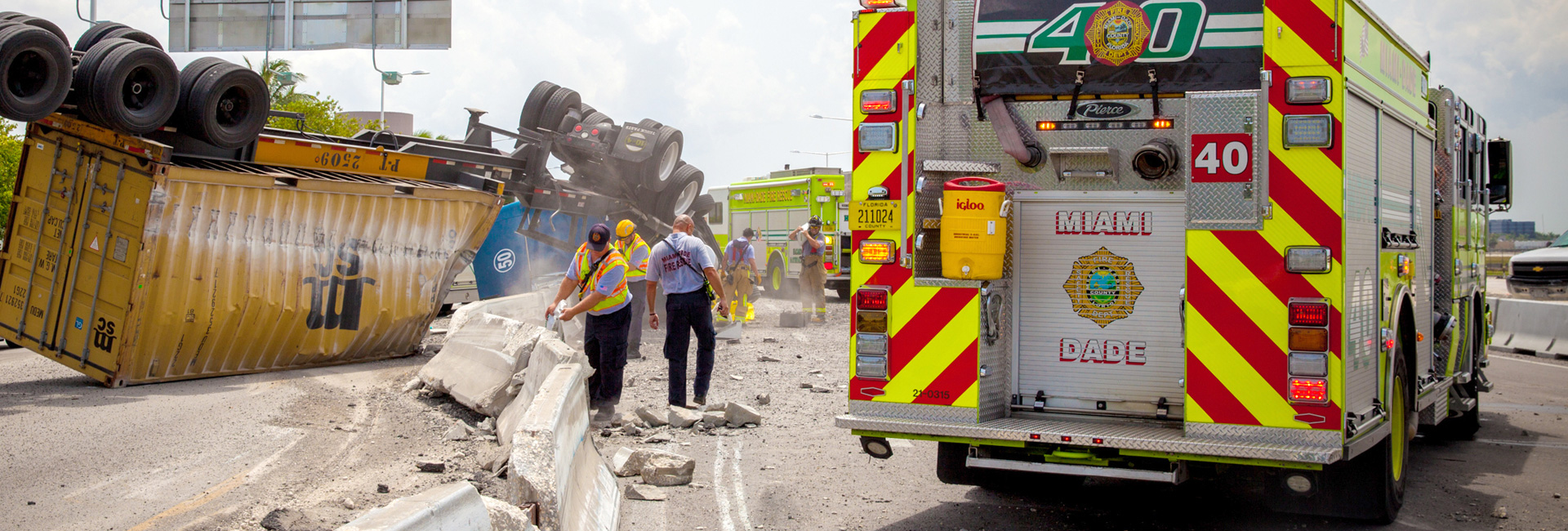Safety Tips: Pool Safety
Drowning is the leading cause of accidental death for children ages one to four, and Florida has one of the highest drowning rates in the country for this age group. In Miami-Dade County, where pools are common and swimming is a year-round activity, water safety is a critical concern.
Children are naturally drawn to water. They don’t recognize the risks, and their excitement can put them in danger. That’s why it’s up to adults to create a safe environment and always remain vigilant.
According to the U.S. Consumer Product Safety Commission, most drowning incidents happen in residential pools—at a child’s own home, a friend’s house or a family member’s residence. But with proper precautions, these tragedies can be prevented.
Here are some tips for keeping your pool playtime safe:
- Teach children to swim. Swimming lessons are a lifelong gift that will help children stay safe around water into adulthood and allow them to enjoy water sports and activities to their fullest
- Practice proper pool safety by always entering feet first. Never dive or jump into shallow water. Walk, don’t run, to prevent slips and falls
- Drink plenty of water to stay hydrated, and reapply a high-SPF waterproof sunscreen throughout the day
- Don’t assume that children who know how to swim don’t need supervision. Accidents can happen to anyone, no matter what age or swim ability. Even strong adult swimmers should never be swimming alone
- Never leave children unattended during all activities in or near the pool, even for one minute. Most child drowning incidents occur when an adult just went into the house to get the phone or just walked away for a few seconds. Keep a phone outside, and if you must go in, take all children out of the pool until you can return. While in the pool, always keep young children within arm’s reach of an adult and constantly keep a count of everyone inside the pool
- Never assume that someone else is watching. Just because adults are present at a gathering or party doesn’t mean they are watching the swimmers. Adults often get caught up in socializing and might not notice a child getting in trouble until it’s too late. Always designate a water watcher to supervise all swimmers and react promptly during a pool emergency
- Don’t rely on flotation devices. Floaties or swim aids can’t take the place of supervision and do not prevent drowning. They can shift position, slip off or deflate suddenly, leaving children in a dangerous situation
- The use of life jackets saves lives. Have a life jacket approved by the U.S. Coast Guard and age-appropriate for everyone to wear
- Teach children to stay away from drains, suctions and covers while in the pool
- Get out of the water and take cover when a storm approaches
- Call 911 immediately for any medical emergency in or around the water
A pool is a potential danger even when no one is swimming. Follow these essential steps to keep your family safe:
- Install alarms and locks at home exits that lead to the pool area
- Use pool barriers—such as fences, self-latching gates and lockable covers—to prevent unsupervised access
- Remove pool ladders when the pool is not in use. Take toys out of the pool and deck area after use. Unattended toys can attract children and lead to accidents. Keep basic lifesaving equipment by the pool and know how to use it. A pole, rope and personal flotation device are recommended
- Learn CPR and ensure that all residents and caretakers in your home know what to do in a pool emergency
- If a small child is missing in the house, check the pool first, before all other possibilities. Every second counts when it comes to drowning
- Call 911 immediately for any medical emergency in or around the water
A pool can provide endless fun, but it also comes with serious responsibilities. Establishing strong safety rules and enforcing them consistently will protect lives and instill good habits that children will carry into adulthood.
By prioritizing pool safety today, you ensure a safer tomorrow for your family and future generations.
Social Media Toolkit

Fire Rescue
Raied "Ray" Jadallah
R. David Paulison Fire Rescue Headquarters
9300 NW 41st Street,
Miami, FL 33178-2414
786-331-5000
